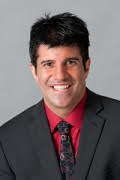
Processing Your Payment
Please do not leave this page until complete. This can take a few moments.
-
News
-
Editions
-
- Lists
-
Viewpoints
-
HBJ Events
-
Event Info
- 2024 Economic Outlook Webinar Presented by: NBT Bank
- Best Places to Work in Connecticut 2024
- Top 25 Women In Business Awards 2024
- Connecticut's Family Business Awards 2024
- What's Your Story? A Small Business Giveaway 2024 Presented By: Torrington Savings Bank
- 40 Under Forty Awards 2024
- C-Suite and Lifetime Achievement Awards 2024
- Connecticut's Health Care Heroes Awards 2024
-
-
Business Calendar
-
Custom Content
- News
-
Editions
View Digital Editions
Biweekly Issues
- April 15, 2024
- April 1, 2024
- March 18, 2024
- March 4, 2024
- February 19, 2024
- February 5, 2024
- January 22, 2024
- January 8, 2024
- Dec. 11, 2023
- + More
Special Editions
- Lists
- Viewpoints
-
HBJ Events
Event Info
- View all Events
- 2024 Economic Outlook Webinar Presented by: NBT Bank
- Best Places to Work in Connecticut 2024
- Top 25 Women In Business Awards 2024
- Connecticut's Family Business Awards 2024
- What's Your Story? A Small Business Giveaway 2024 Presented By: Torrington Savings Bank
- 40 Under Forty Awards 2024
- C-Suite and Lifetime Achievement Awards 2024
- Connecticut's Health Care Heroes Awards 2024
Award Honorees
- Business Calendar
- Custom Content
Interested in a new career path? Learn from those who made a change
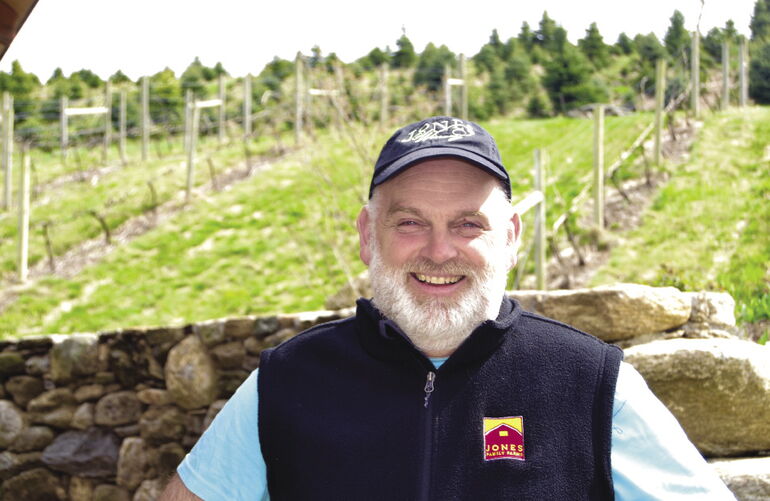 Discovering farming is in his genes: Tom Harbinson of Jones Family Farms.
Discovering farming is in his genes: Tom Harbinson of Jones Family Farms.
Have you been in the same profession since college, and you don’t look forward to going to work anymore? Maybe you have been thinking about a career switch, but you don’t know where to start.
You aren’t alone.
Daryl Capuano, CEO of Career Counseling Connecticut in Old Saybrook, knows firsthand about wanting to make a change.
Capuano became an attorney, and for many years his law career — which included stints as a federal prosecutor and working for a large law firm — was bright. But there came a time when he realized he just wasn’t happy. He now has his own business as a career coach helping clients who want to change careers develop a plan and make it happen.
“When I was growing up, it was expected that you’d stay in your lane,” Capuano says. But now, “People are switching careers at a higher rate, and it is more socially acceptable.”
Capuano initially thought he would mostly be working with people in their early 20s, recently out of school and still settling into the work world. While that is part of what he does, a substantial portion of his job is helping mid-life career changers.
“One of the biggest surprises was that there are people in their 30s, 40s and 50s figuring out what they want to do when they grow up,” Capuano says.
Why do people want to make a change after investing years or even decades in a particular career? They are looking for meaning, purpose and simple happiness, Capuano says.
“Many people will say they want to make a difference in the world,” Capuano says. “People in their 40s and 50s have been doing something for a while and feel, ‘This isn’t what my life is supposed to be.’ They don’t want to wake up and hate going to work.”
Of course, not all career-changers are confronting an identity crisis. Many have lost their jobs and can’t find work in their field anymore. Others sense layoffs may be looming, prompting them to start examining options. The coronavirus pandemic has also left many in the workforce unemployed. These displaced workers ultimately may find similar work — or they may see this as an opportunity to launch in a new direction entirely.
“You want to do something to make you happier,” Capuano says. “It’s about doing something that sings to your soul more.”
For sure, many career-changers are going for the gold. But perhaps surprisingly, the motivation to make more money typically is of less importance to career changers than other factors — typically fourth or fifth on the list, Capuano notes.
“They have enough money and just want to be happy,” Capuano says of many “lane-changers” he works with. “Almost everyone will leave my office and say, ‘I should have come here years ago.’”
Most of his clients — perhaps 80 percent, Capuano estimates — want to work in the same overall industry as previously — but not exactly the same job. It’s a smaller group looking for a total reinvention — such as going from physician to opening a bed-and-breakfast. Major changes are possible, but Capuano cautions that switching careers typically takes time — often six months to a year.
“It is not instant gratification,” Capuano says. “It is also moving into uncertainty, even if certainty is misery.”

Daryl Capuano, CEO of Career Counseling Connecticut
For a successful reinvention, prospective career-changers need to do exploratory work. Find out what education and training you will need, and how long it will take, Capuano advises.
When contemplating a career switch, ask yourself key questions: Might you be happier remaining in your current industry or organization — but in a different role? How might your current skills be useful in a different field? What are interests/aptitudes that your existing career hasn’t engaged?
“The main point is that a career change doesn’t just happen,” Capuano says. “You have to make an affirmative step forward. We have to be the ones to take control.”
Paul Mayer, president of the Schegg Group in Shelton, also helps people looking to make a career change. The company provides coaching and helps clients with résumés, interviewing skills, LinkedIn profiles and more.
Mayer encounters professionals who feel they have been doing a particular job for long enough, or who have lost their jobs due to a company reorganization or move.
“It is a very difficult time for people,” Mayer said. “Sometimes they have a mortgage and kids in college, and a change can be hard. It is a real time of questioning.”

Paul Mayer of the Schegg Group
Mayer coaches clients through whether they want to do something similar or completely new. In the latter situation, online training and certification might be in order, he says.
“You are competing with younger people who may have more technical background, but experience can give an advantage in the job market,” Mayer says. “It is a great time to do a self-assessment: What do I have to offer a company?”
The first step, according to Mayer, is determining if you really want to make a change or if you are just having a rough road in your present role. It is better to search for a job while you are still employed, Mayer advises. For those still with jobs, he recommends beginning with a passive search, checking out job boards and letting people know confidentially that you are interested in moving on and asking if they know of opportunities.
Once you decide to make a move, Mayer counsels laying out a plan to make it happen. Search job postings and consider a career coach, he says.
Mayer also recommends discussing how you feel with your family to make sure they will be supportive if a big change is in order. If your new job or career requires you to move to another state, would they be fine with that decision? What about a significant interruption in earnings?
“Often people get into a job because that’s what they went to college for, and then they get promoted, then years go by, but they are never really pleased with what they are doing,” Mayer says. “Sometimes they can’t stand what they are doing, but they don’t know what they want to do. We help people figure out what they really want to do.”
What follows are stories of three area professionals who made significant changes to their careers, even though they still have many years left in the workforce. If they can do it, so can you.
FROM BUILDING TO FARMING: THOMAS HARBINSON
For decades, Thomas Harbinson worked at his family’s business, IDA International Inc. in Derby, an ornamental metal manufacturing company. It employs some 50 workers and is involved in the construction industry, specifically fabricating metal panels for building facades. Its projects have included high-profile jobs on Manhattan skyscrapers, for example.
Harbinson’s father founded the business in 1979, and Harbinson was a co-owner with his brother when he decided to make a change about six years ago, when he was 49.
“I had a yearning to do something different,” Harbinson says. “An opportunity arose and the timing was perfect.”
That opportunity? To work at Jones Family Farms in Shelton, a 400-acre operation which features pick-your-own fruits and vegetables, a winery and Harvest Kitchen.
“Both of my parents grew up on farms in Northern Ireland and I always had a fondness for agriculture,” Harbinson says.
His family still has a dairy farm in Northern Ireland, so perhaps farming was in his genes all along.
Today, Harbinson serves as manager of facilities and infrastructure for the farm. In his role, he is responsible for maintaining all facilities, from the barns to the kitchen and winery. He manages the seasonal staff used to help grow and sell crops, from berries to pumpkins to Christmas trees. He coordinates Farmer’s Market participants and entertainment during special events. He also helps market the farm through press releases, social media and community outreach.
Harbinson says he had known the Jones family for years, and he heard a staff member was leaving. He got a position at the farm, and his role quickly became a full-time one.
“Initially, having worked for a family business for decades, it was an adjustment, but I am quite happy with it,” Harbinson said. “The people are great and the farm is very well-respected in the community.”
Harbinson says his background and education came in handy with the career switch. He graduated college with a BS in computer science with a minor in industrial applications. His manufacturing experience helped with running high-tech farm equipment.
“My degree came in handy, and my talents and knowledge contribute to my current role,” Harbinson says.
He didn’t have to formally go back to school, but he has taken advantage of online learning to help him in his new career.
“It’s amazing how much you can learn on the Internet, watching experts,” Harbinson says.
For example, Yale University has several classes available for free online. Harbinson is involved in agricultural trade groups and actively pursues continuing education opportunities.
“The farm is very supportive of us seeing what other farms are doing around the country,” he explains.
Harbinson says he learned a lot from his father.
“As owner of a business, he’d say that you should know how to do something before you tell someone how to do it,” Harbinson says. “If you need to weld something, you did it. You have to adapt.”
Harbinson’s advice to those considering making a career switch later in life?
“Be open to change, don’t fear change and embrace the opportunity. It can be scary when you are older,” he says. “You may need to do retraining and relearning, but be open to it.”
FROM KITCHENS TO ELDER CARE: MICHAEL SAVOIE
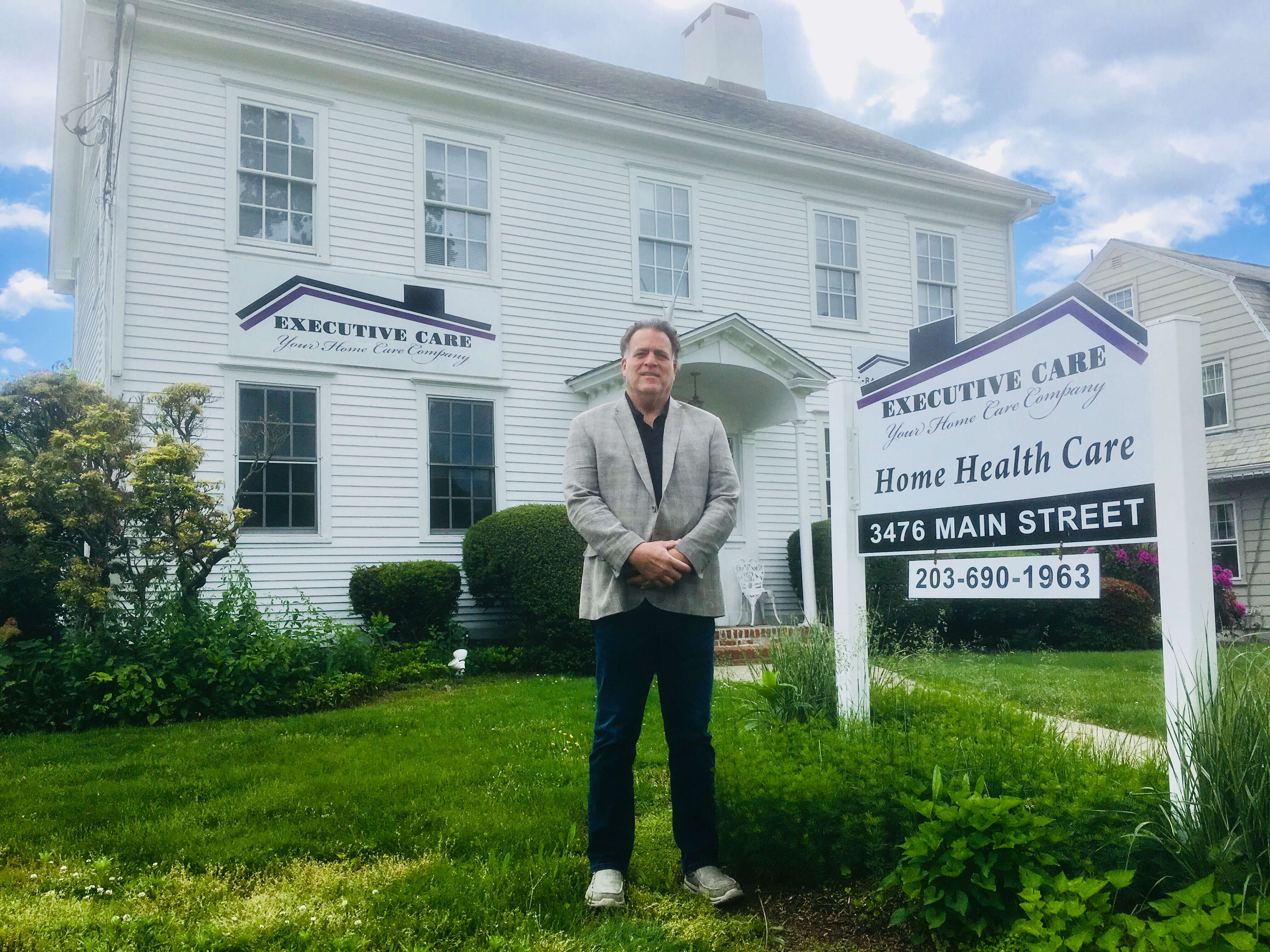
Michael Savoie, a former chef and restaurant owner, now has his own business focused on taking care of the elderly.
For nearly four decades, Michael Savoie worked in the restaurant industry, as he and his family owned shoreline eateries, including a luncheonette in Milford and later Stella’s Restaurant in Stratford. Savoie’s family ran the latter for some 18 years.
Savoie worked at restaurants from age 16 through 54, when he decided he wanted to make a change. That was in 2014.
“I was tired, and felt I had been doing it forever,” Savoie says of his past career as a chef and restaurateur. “I felt it was time to move on to another career.”
Now 60, Savoie is still a business owner, but instead of cooking Italian-style dishes for hungry diners, he helps older adults get the most out of their golden years.
Savoie’s family sold Stella’s and decided instead to start a new business in the same town, a home care franchise, Executive Care of Stratford.
Why this particular career path? Savoie says his grandfather was his best friend, and he has always been very attached to older adults. Savoie’s family has acted as caregivers when loved ones’ health declined, and he learned firsthand how it can exact a mental and physical toll.
“We lost seven close family members in about 3 years,” Savoie says. “My dad was 55 when he died of stomach cancer, my mother’s only sister died at 48 of breast cancer, and my grandfather had a stroke before he passed and basically could not walk or talk for a couple of years.”
“I feel bad for so many families dealing with it,” Savoie says. “People do need outside help, or they get caregiver burnout. It is hard for a family member to provide 24/7 care.”
Savoie and his family launched their home-care franchise six years ago, and Savoie is happy he made the change.
“I have immersed myself in this industry, and I love it,” Savoie says. “I want to make a difference.”
According to Savoie, nine out of 10 elderly people prefer to stay in their own home at all costs, as opposed to going into assisted living or a nursing home. His business helps older adults remain as independent as possible for as long as possible, he says.
For Savoie, his former career gave him valuable experience, as he already knew how to manage employees and run a business. Executive Care employs some 100 certified nursing assistants to care for clients. He has also used his culinary skills when making food for clients and even for marketing, as he has given edible gifts when dropping off marketing materials.
However, he did need to learn more about caring for the elderly.
“Here I was, a 54-year-old man, and I went into a new industry, with zero knowledge at first,” Savoie says.
Savoie went to school to become a certified nursing assistant (CNA) and certified dementia practitioner (CDP) himself.
“I am always trying to be better,” Savoie says. “My goal is to be as educated as possible.”
Savoie says the decision to switch careers has been a life-changing one.
His guidance for others looking to do the same?
“Research, research, research,” says Savoie. “Ask questions so you have as much knowledge as possible. Look at everything comprehensively. If you are opening a business, learn everything about it and look at every issue, such as location.”
Buying a franchise like he did is difficult, as you need to have reserve capital, he notes.
“You have to commit yourself and learn and understand the industry,” Savoie says. “If you are committed, you can do it. It is really up to you. The people who really want it are the ones who really achieve.”
FROM CHAMBERS TO A UNIVERSITY: SUSAN RAPINI
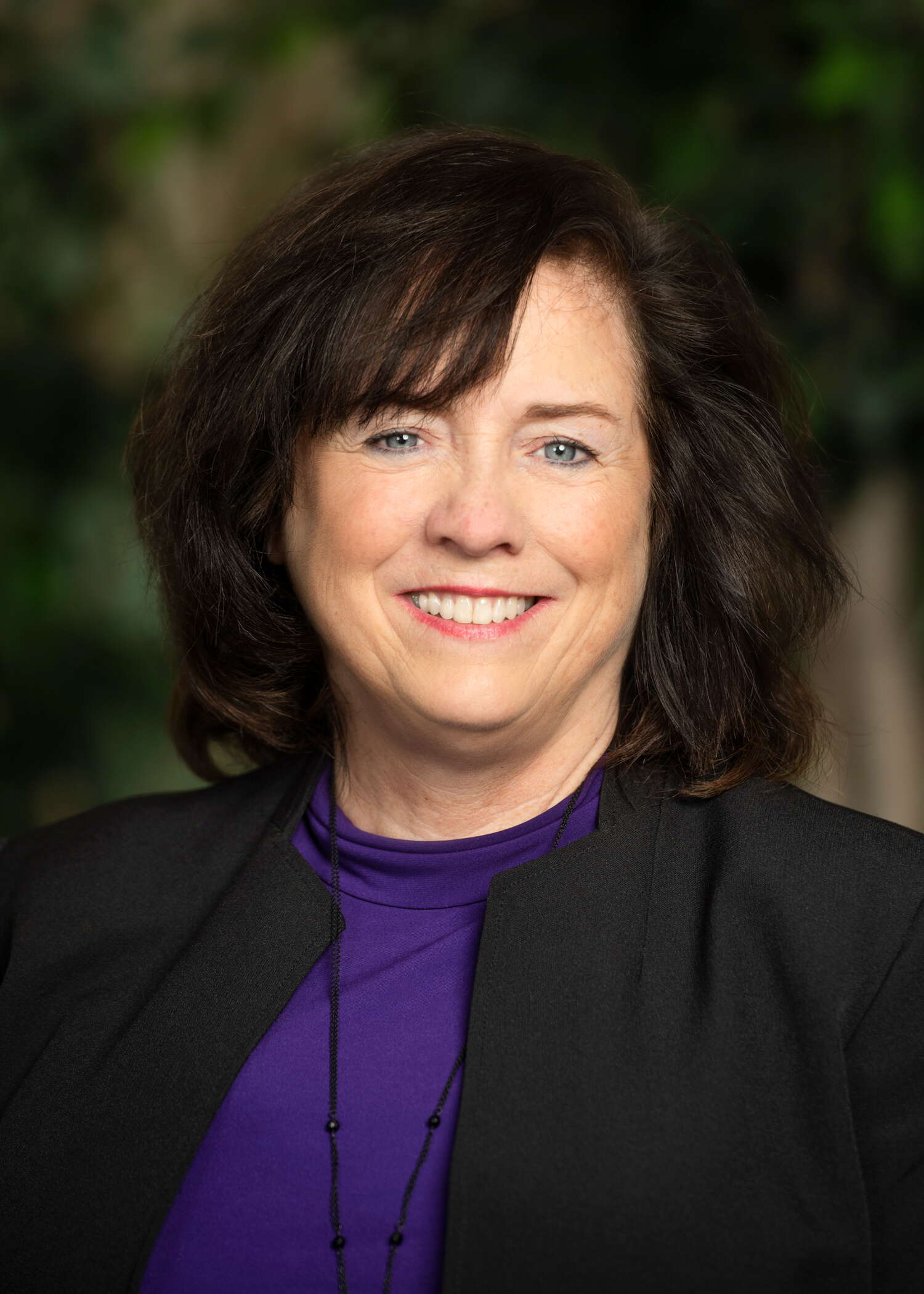
Susan Rapini, now director of external relations at Southern Connecticut State University’s School of Business.
For more than 17 years, Susan Rapini had been doing similar work at area chambers of commerce, first for the Hamden Regional Chamber of Commerce and most recently as the Greater New Haven Chamber of Commerce’s executive vice president. She oversaw marketing, communications and business development.
“I loved what I was doing, but I was interested in doing more,” Rapini recalls. “I wanted to grow and take on more responsibility. I felt I had hit a plateau.”
The Greater New Haven chamber was undergoing a change in leadership when Rapini, then in her late 50s, decided to look into a new path.
“I wanted to make a change before I turned 60,” Rapini says. “I had been doing [chamber of commerce work] for a while and began thinking of alternatives. I wanted a new challenge where I could make a significant impact.”
Rapini confided in friends and mentors, including the Schegg Goup’s Paul Mayer, about how she was feeling, and that’s how she learned of her current position.
Her new job? For the past two years, Rapini has been working as the director of external relations for Southern Connecticut State University’s School of Business.
After she heard about the position, Rapini realized her experience and connections through the chamber would be a great asset in the role. The more she got to know about the job, the more aggressively she pursued it. Mayer helped Rapini prepare for the interview.
“That was extremely helpful because I needed help and confidence to pursue a career change,” Rapini says.
At SCSU, Rapini is still working with businesses, just in a different way, and she says her role at the chambers definitely helped prepare her for her current challenge.
Now, she makes connections in the business world for the university, such as helping students find internships. Through her relationships with the business world, she works to determine what employers need from graduates, and whether SCSU students have the skills they need to function in the professional arena. If not, she works to make sure the university’s students get those skills. Based on input from the Orange-based Avangrid, SCSU created a new public utilities management program, for example.
She also helps with fundraising for various university projects and oversees SCSU’s Business Success Center, which performs mock interviews with students, helps them polish their résumés and provides them with career and job-readiness coaching.
“I get to work with the business community, students and faculty,” Rapini says.
Unlike many career-changers Rapini did not have to return to school or undertake new training to change jobs. Rapini has a degree in marketing from Quinnipiac University’s School of Business, which has helped her with her old and new positions.
Even so, she says moving from chambers to a university setting was a big culture change, and she has had to negotiate a learning curve.
At the chamber, a different person might handle events, press releases and social media. In her new role, she has had to perform many different functions, as she was the only person in the business school in her role. Everyone else is a faculty member and focused on teaching classes.
“I had to learn how to do everything,” Rapini explains. “If we have an event, I am involved in everything from the invitations to ordering food.”
“It is a little scary to change, but for me, it was the right decision,” Rapini says. “I am thrilled I made the change — you get stuck in a rut. Even though it is scary to leave something when you are so comfortable, it is worth the risk.”
“The key is just to be open to it and don’t be afraid — it is exciting to make a change,” she says. “What is the worst thing that could happen?”
Looking for more information to get started on a new career path? Check out aarp.org and encore.org.
Contact Michelle Tuccitto Sullo at msullo@newhavenbiz.com.

2022 Giving Guide
This special edition informs and connects businesses with nonprofit organizations that are aligned with what they care about. Each nonprofit profile provides a crisp snapshot of the organization’s mission, goals, area of service, giving and volunteer opportunities and board leadership.
Learn more
Subscribe
Hartford Business Journal provides the top coverage of news, trends, data, politics and personalities of the area’s business community. Get the news and information you need from the award-winning writers at HBJ. Don’t miss out - subscribe today.
Subscribe
2024 Book of Lists
Delivering Vital Marketplace Content and Context to Senior Decision Makers Throughout Greater Hartford and the State ... All Year Long!
Read Here-
2022 Giving Guide
This special edition informs and connects businesses with nonprofit organizations that are aligned with what they care about. Each nonprofit profile provides a crisp snapshot of the organization’s mission, goals, area of service, giving and volunteer opportunities and board leadership.
-
Subscribe
Hartford Business Journal provides the top coverage of news, trends, data, politics and personalities of the area’s business community. Get the news and information you need from the award-winning writers at HBJ. Don’t miss out - subscribe today.
-
2024 Book of Lists
Delivering Vital Marketplace Content and Context to Senior Decision Makers Throughout Greater Hartford and the State ... All Year Long!
ABOUT
ADVERTISE
NEW ENGLAND BUSINESS MEDIA SITES
No articles left
Get access now
In order to use this feature, we need some information from you. You can also login or register for a free account.
By clicking submit you are agreeing to our cookie usage and Privacy Policy
Already have an account? Login
Already have an account? Login
Want to create an account? Register
Get access now
In order to use this feature, we need some information from you. You can also login or register for a free account.
By clicking submit you are agreeing to our cookie usage and Privacy Policy
Already have an account? Login
Already have an account? Login
Want to create an account? Register

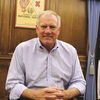




0 Comments